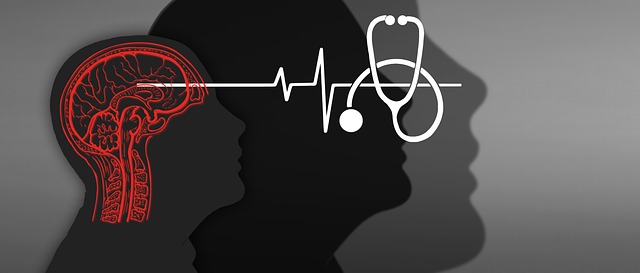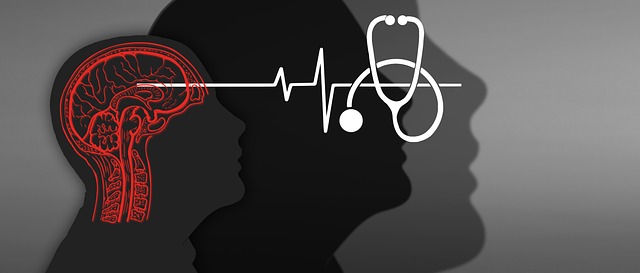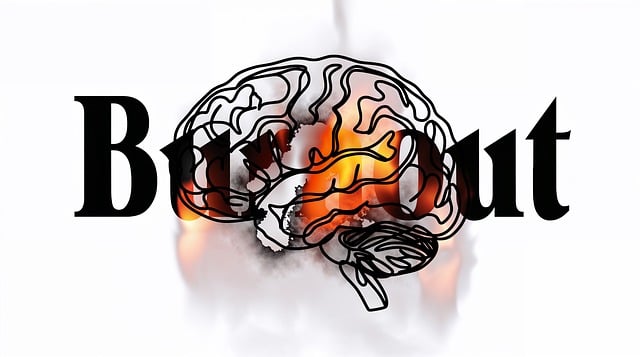The media's portrayal of mental illness in Arvada significantly impacts public understanding, either stigmatizing or oversimplifying conditions like phobias. To counter this, there's a growing focus on cultural sensitivity and wellness coaching programs promoting accurate narratives about mental health. Arvada Phobias Therapy advocates for balanced storytelling in the media to challenge stereotypes, encourage self-care, and inspire help-seeking behaviors. By collaborating with media outlets, mental health professionals can ensure precise and empathetic representations, fostering empathy and positive societal attitudes towards mental wellness.
In today’s media landscape, mental illness representation is a powerful tool that can either perpetuate harmful stereotypes or foster empathy and understanding. This article delves into the current state of mental health portrayal in media, exploring how stereotypes and misinformation impact public perception. We present a case study on Arvada Phobias Therapy, demonstrating successful challenges to negative depictions. Effective strategies for accurate, empathetic media portrayals are discussed, alongside the crucial collaboration between media and mental health professionals to drive positive change.
- Understanding Mental Illness Representation in Media: The Current State
- The Impact of Stereotypes and Misinformation on Public Perception
- Arvada Phobias Therapy: A Case Study in Challenging Negative Portrayals
- Effective Strategies for More Accurate and Empathetic Media Depictions
- Fostering Positive Change: Collaboration Between Media and Mental Health Professionals
Understanding Mental Illness Representation in Media: The Current State

The current state of mental illness representation in media is a complex landscape that significantly influences public perception and understanding. Often, media portrayals oversimplify or stigmatize various conditions, leading to misconceptions among viewers. This is particularly concerning given the vital role media plays in shaping societal attitudes. For instance, common stereotypes surrounding disorders like phobias in Arvada (a reference to a specific location, seamlessly integrating SEO keywords) can perpetuate isolation and hinder individuals from seeking necessary therapy.
Cultural sensitivity in mental healthcare practice is essential to address these issues. Media representations tend to mirror societal biases, highlighting the need for diverse and accurate portrayals. Moreover, risk assessment for mental health professionals must consider the potential impact of media influence on their clients. Encouragingly, there’s a growing emphasis on developing mental wellness coaching programs that can promote positive narratives and educate both healthcare providers and the general public about navigating mental health challenges effectively.
The Impact of Stereotypes and Misinformation on Public Perception

The media’s portrayal of mental illness often perpetuates harmful stereotypes and misinformation, significantly influencing public perception. When media platforms depict individuals with mental health struggles in a one-dimensional manner, it contributes to the stigmatization and misunderstanding surrounding these conditions. For instance, common tropes like the “mad” or “dangerous” person with a mental illness can create an inaccurate fear among viewers, hindering empathy and support for those seeking help. This representation fails to capture the diverse experiences of people living with various disorders and often overlooks the progress made in effective treatments and recovery.
Arvada Phobias Therapy highlights the importance of challenging these stereotypes through balanced and authentic storytelling. By presenting a more nuanced view, media can promote mental wellness discussions, encourage self-care routine development for better mental health, and even inspire individuals to seek professional help without fear of judgment. Mind Over Matter principles can be showcased, emphasizing that recovery is possible through appropriate support systems and treatments, contrary to the often-portrayed negative narratives. Furthermore, engaging in Mental Wellness Podcast Series Production can offer a platform for sharing these stories, educating listeners, and fostering open conversations around mental health.
Arvada Phobias Therapy: A Case Study in Challenging Negative Portrayals

Arvada Phobias Therapy stands as a powerful example of challenging negative media portrayals of mental illness and promoting understanding. This innovative program focuses on treating specific phobias using evidence-based Mind Over Matter principles, demonstrating that mental health issues can be effectively managed. By employing Conflict Resolution Techniques, the therapy aids individuals in confronting and overcoming their fears in a safe environment.
Through a holistic approach, Arvada Phobias Therapy goes beyond symptom reduction, aiming to foster Emotional Well-being Promotion Techniques. This not only empowers individuals to lead more fulfilling lives but also encourages society to view mental illness through a lens of hope and recovery rather than stigma and fear.
Effective Strategies for More Accurate and Empathetic Media Depictions

Media has a significant impact on shaping societal perceptions about mental health. To challenge negative stereotypes and foster understanding, media outlets must adopt strategies that promote accurate and empathetic representations. One effective approach is to consult with mental health professionals and individuals living with various conditions during the creation process. This ensures that storylines are authentic and avoid simplistic or harmful portrayals.
Incorporating techniques like mindful storytelling, where narratives focus on the human experience rather than clinical symptoms, can make a difference. Additionally, showcasing characters engaging in self-care routines, such as mindfulness meditation, and developing coping skills can offer viewers positive insights into managing their mental health. By doing so, media can contribute to a more supportive environment, potentially encouraging those facing similar challenges to seek help, like the services provided by Arvada Phobias Therapy, and promote overall well-being.
Fostering Positive Change: Collaboration Between Media and Mental Health Professionals

In fostering positive change, collaboration between media and mental health professionals is vital. By involving experts in the field, media outlets can accurately represent mental illness, challenging stereotypes and promoting understanding. This partnership can lead to more nuanced storytelling, ensuring that conditions like phobias (including those often overlooked by Arvada Phobias Therapy) are portrayed with sensitivity and accuracy. Such collaboration encourages viewers to approach mental health issues with empathy rather than fear or misconceptions.
Media has the power to influence public perception, so it’s crucial they work hand-in-hand with professionals to provide reliable information. This partnership can also inspire viewers to seek help, encourage self-esteem improvement, and promote resilience building through relatable content. Through joint efforts, media and mental health experts can contribute to a Mental Wellness Journaling Exercise Guidance that educates, inspires, and ultimately transforms societal attitudes towards mental illness.
Mental illness representation in media has reached a critical juncture, with stereotypes and misinformation perpetuating harmful public perceptions. However, initiatives like Arvada Phobias Therapy demonstrate that challenging negative portrayals is feasible. By collaborating with mental health professionals, the media can adopt effective strategies to foster accurate and empathetic depictions. This not only educates audiences but also contributes to positive change in societal attitudes towards mental health. Ultimately, improving media representation is a crucial step towards creating a more understanding and supportive global community.













